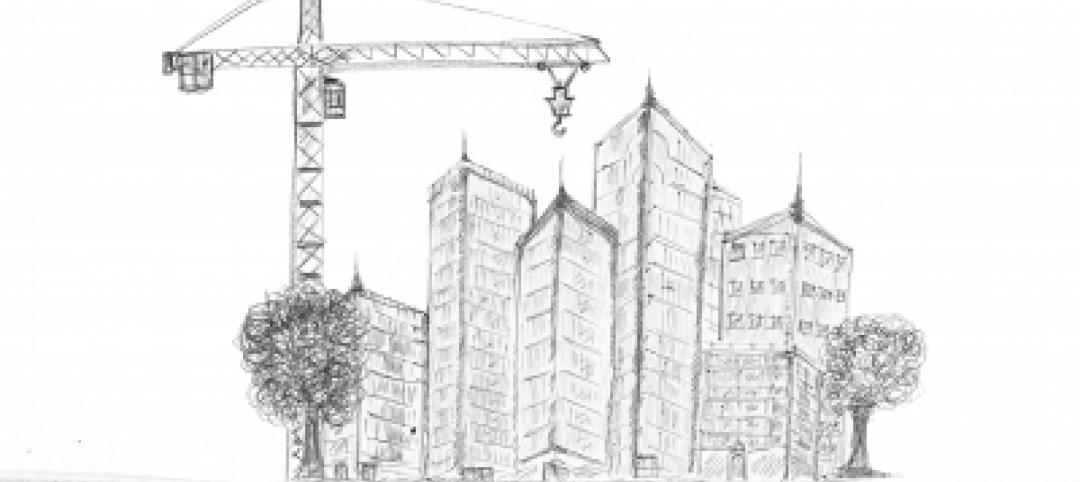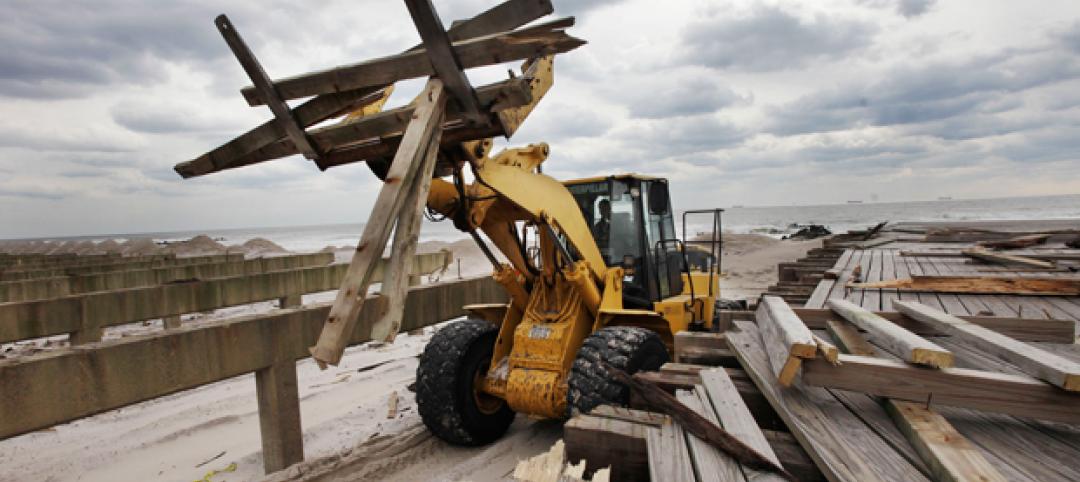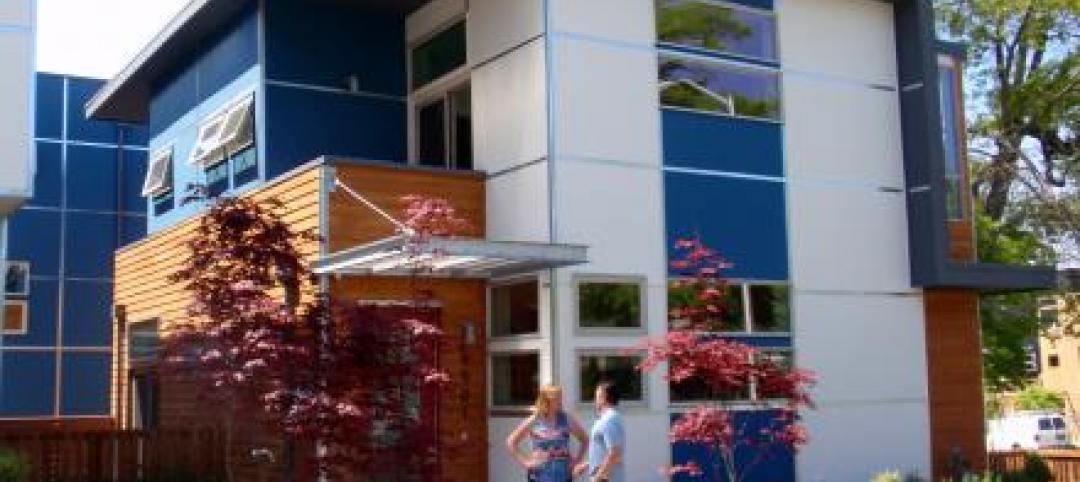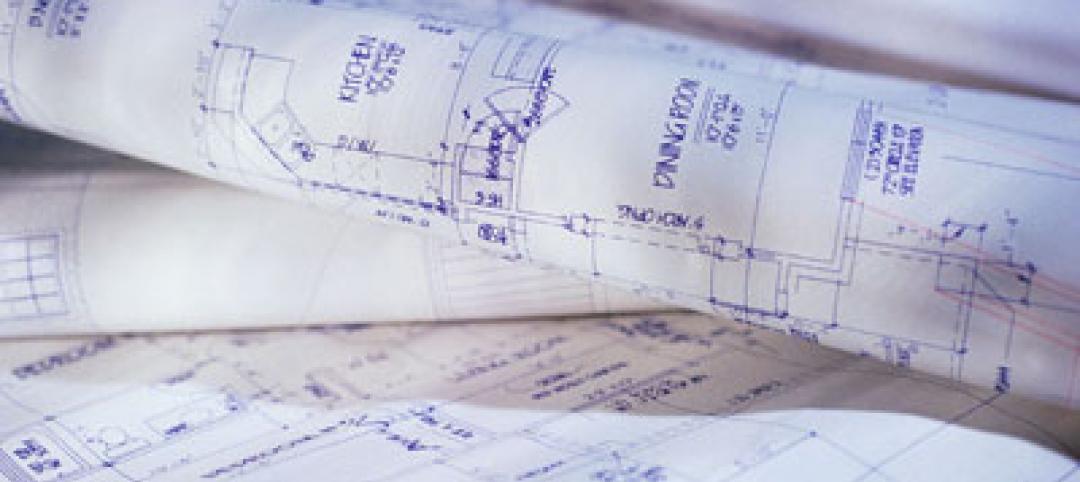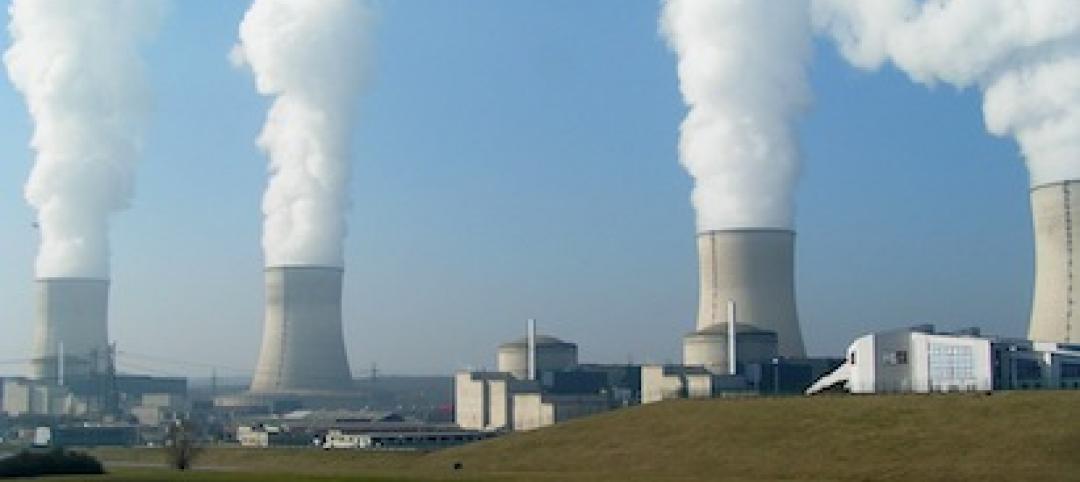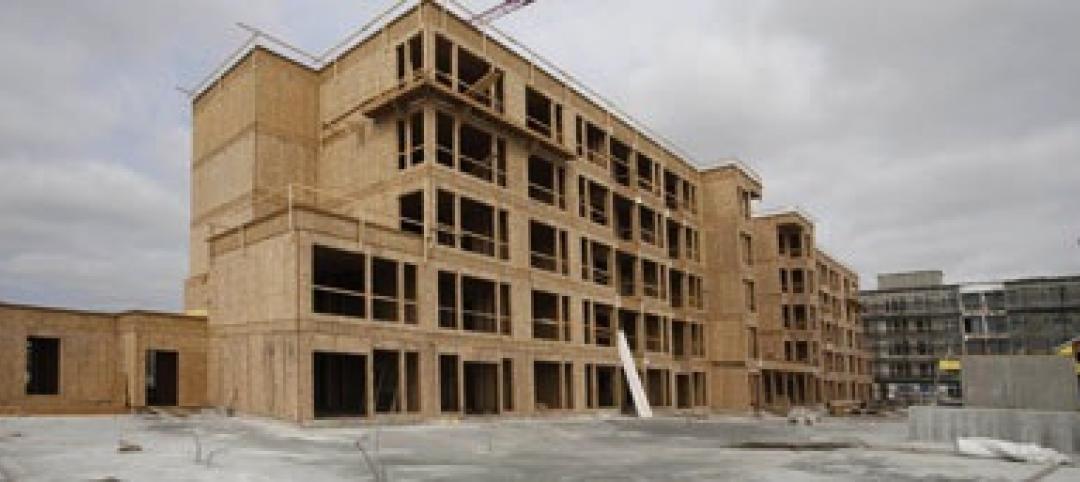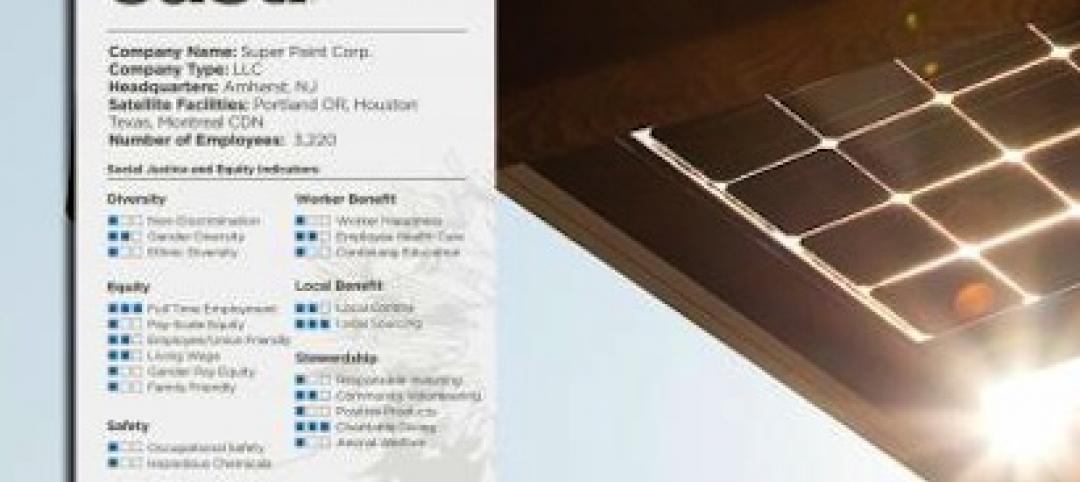The National Research Council (NRC), which devises model codes for building, energy, plumbing and fire, has previously based code writing on historical data. The council now wants to incorporate the latest research on the effects of climate change and take into account innovation and new products that can help construct buildings better able to adapt to changing conditions.
In recent years, Canada has experienced more extreme weather including more heavy rain, floods, high winds, snow, ice, and temperature swings. The model codes provide a common blueprint for local building codes that are adopted into law by provinces and municipalities.
New additions to the NRC’s model codes incorporating climate change forecasts are expected within the next four years.
Related Stories
| May 31, 2013
OSHA will propose to extend crane operator certification compliance date
The Occupational Safety and Health Administration (OSHA) says it will propose to extend the compliance date for the crane operator certification requirement by three years to Nov. 10, 2017.
| May 31, 2013
GIS should guide zoning decisions in states hit hard by Hurricane Sandy, says expert
As New York, New Jersey and other states hit hard during Superstorm Sandy begin their long road to recovery, the decisions they make on how to rebuild are crucial to determining how well they will weather the next big storm.
| May 31, 2013
Bond package to fund $2.7 billion in new university construction dies in Texas Legislature
A $2.7 billion state bond package that would have financed expansion projects at more than a half-dozen universities in Texas died on the final day of the legislative session.
| May 31, 2013
Tax break proposal for $1.5 billion expansion of Minnesota’s Mall of America advances
The Minnesota Legislature approved tax breaks worth $250 million for a $1.5 billion project that would double the size of the Mall of America in Bloomington, Minn.
| May 31, 2013
Debate in the Northwest over how to apply lessons of net-zero construction in codes
Success in constructing net-zero homes in the Northwest has sparked debate over how far green codes should go.
| May 28, 2013
Fire Chiefs Assn., IBHS call for federal legislation to encourage states to adopt, enforce building codes
The International Association of Fire Chiefs (IAFC) and the Insurance Institute for Business & Home Safety (IBHS) are asking Congress to enact the Safe Building Code Incentive Act (SBCIA), which provides financial incentives for states to adopt and enforce building codes.
| May 28, 2013
Proposal to water down Las Vegas green building code draws criticism
A proposed bill before the Las Vegas City Council would allow any building built before 2009 undergoing a renovation to only have to meet the energy code requirements at the time of initial construction, not the current, stricter guidelines.
| May 28, 2013
Mazria: ‘No need for new power plants to meet growth in buildings sector’
A new analysis of federal data shows that the U.S. buildings sector has made enormous strides in efficiency over the last six years—potentially eliminating the need to build any new power plants to support growth in the sector through 2030.
| May 27, 2013
Support increasing in Ontario to change codes to allow taller wood frame construction
Developers and home builders are asking the Ontario government to change the building code to allow construction of six-story wood frame buildings.
| May 27, 2013
'JUST' label aims to assess social justice on building material manufacturers
At the Living Future's annual conference in May, Jason McLennan, and architecture firm BNIM founder Bob Berkebile launched the JUST label, an extension of the Declare label that addresses social justice and equity issues.



